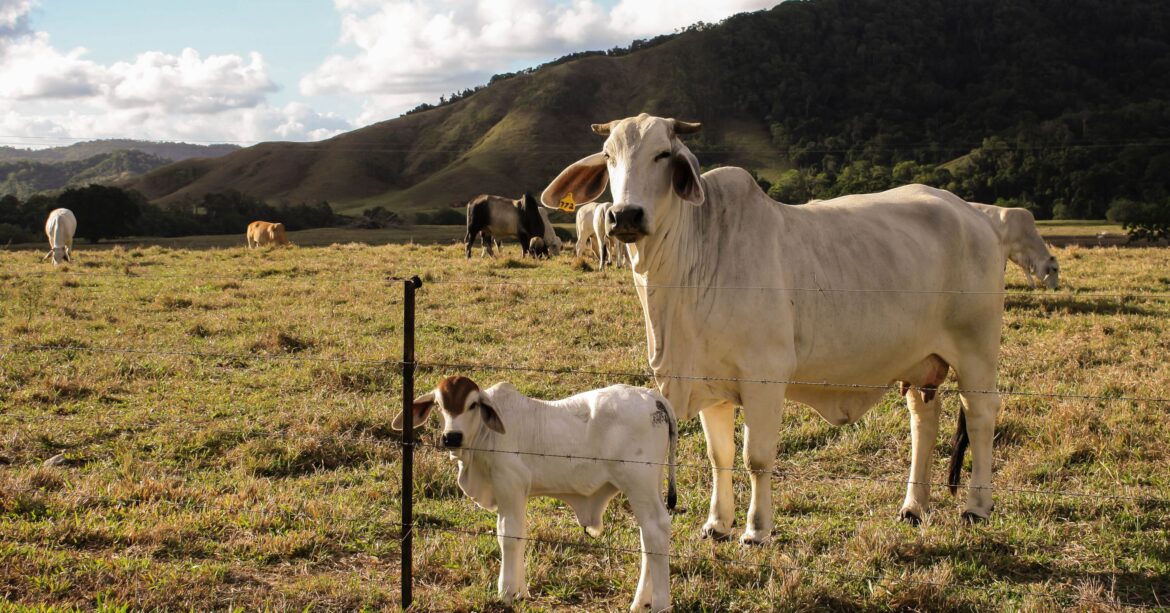Choosing the Right Fencing for Your Farm
When something gets built on a farm, it’s most likely going to stay where it is for a good while. That makes it very important to ensure the right materials are used for a construction project. One choice that comes to mind when thinking about this is fencing – the wrong choice will lead to extra unnecessary work many years into the future.
Wood vs Wire
Wooden fences have been a common sight on farms for a very long time now. Their affordability and strength have made them common on Australian farms. Wood is no longer the best choice for many farmers, however. Instead, they are increasingly turning to wire fencing to keep boundaries on their properties.
Wooden fences require significantly more maintenance than their wire counterparts. Extra labour is required to put up a wooden fence, especially when considering the digging of post holes and erecting the structure. Wooden fences also require regular staining and repair in order to be kept in sound condition. Although the cost of a wooden fence is largely affordable, it can drastically exceed wire alternatives. When thinking of material cost per meter of fencing, that expense of a wooden fence can be significantly more than a wire fence.
Plain Wire Fencing
Plain wire fences are built by stretching lengths of wire stretched between supports. Farmers who choose to build their fences with plain wire can pick between different galvanisation options and tensile strengths. The choices ensure that their fence’s properties are suitable for their farm’s location. Picking the best wire for the job can significantly reduce the time needed to maintain fences.
High tensile wire fence offers another essential advantage over wooden alternatives: elasticity. Should a farm animal or tree branch lean on or fall into a high tensile wire fence, it can absorb the force, meaning it’s far less likely to snap under the weight. This attribute is also an important advantage when thinking about how much maintenance each option requires. Plain wire fences are often much easier to construct over uneven and sloped land than wooden ones – plain wire’s flexibility makes it much more suited for building fences up and down hills.
Barbed Wire Fencing
Barbed wire fences share many of the same benefits as plain wires ones, but with added security. The barbs discourage livestock from leaning on the fence, which can cause damage to both wooden and plain wire fences. It can cause injuries to certain livestock however, so it is best suited to larger animals, like cows. Farmers might also choose it for its deterrence of would be trespassers. Overall, barb wire is an inexpensive and durable steel product, making it extremely cost-effective for the long lengths seen on cattle farms.
When it comes time to build or replace fences on a farm, choosing the right type can save you time and work well into the future. Wire fencing has become an obvious choice because of its flexibility, cost effectiveness and versatility. For more information on steel fencing, get in contact with the team from Steel Supplies Charters Towers

